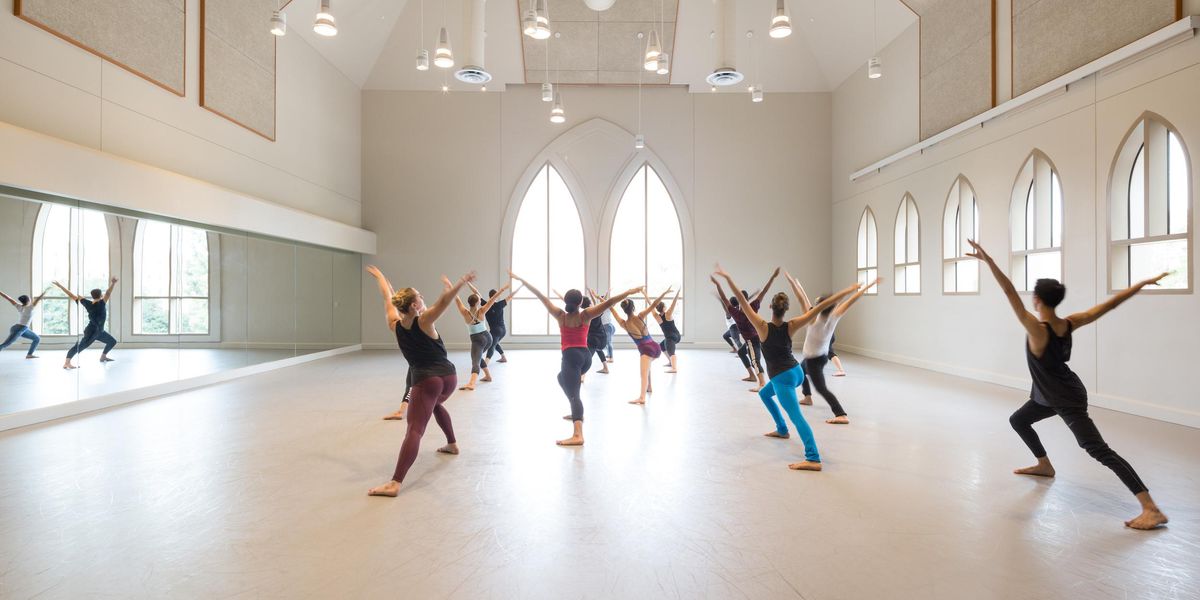Zero Value?
As many dancers discover, unpaid rehearsals can be more rule than exception. At the start of a dance career, it can build your resumé to say yes. Rehearsing for free helps you network and, in the best-case scenario, can lead to opportunities that pay far better.
But after a while, unpaid rehearsals pose tough choices. It helps to have some ground rules, so you don’t feel at the end of the process that you’ve given more than you’ve gained. When money is not changing hands for rehearsals, communication between dancers and artistic directors or choreographers becomes even more important. Here is a quick guide to some of the issues you should weigh when deciding whether to rehearse for free.
Worth What You Pay For It
Paying for dancers’ time often acts as a de facto organizer for choreographers, forcing them to only call the dancers they need to rehearsal and to use that time productively. When rehearsals are unpaid, sometimes it can feel like a gathering of friends gossiping instead of dancing, or other dancers don’t show up because a paid job has intervened. Lara Wilson, a freelance choreographer in Southern California, tries to be flexible with her rehearsal plans. “For better or worse, the work gets shaped by who comes,” says Wilson. Speak with other dancers who have worked before with a choreographer to find out how that person tends to handle rehearsal commitments.
Sign on the Dotted Line?
Often in the excitement of being offered a gig, you fail to nail down exactly what the project entails. If you’re rehearsing for free, how many hours will you be expected to rehearse and for how many weeks? When will you be paid for the performance? These are items that can end up on a contract—if there is one. There are some benefits, though, to keeping an agreement loose. If a fully paid opportunity comes your way, you may feel freer to bow out or request more flexibility with the rehearsal schedule. If the rehearsal process is not professional and you are concerned about what will end up onstage, not having a contract makes it easier to walk away. However, even without a contract, you should get a clear sense of the expectations before you say yes. Unpaid rehearsals don’t mean that you—or the choreographer—should treat the commitment casually.
Time to Say No
There comes a point in dancers’ careers when their love of moving turns from a passion to a business. Are your free rehearsals artistically challenging, or are they starting to feel like a
favor? Is this project a stepping stone, or are you caught in a loop of free labor? These are key questions if free rehearsals are monopolizing the bulk of your week. Wilson’s work as a web designer has allowed her to take on projects that interest her regardless of pay. Not everyone has that leeway. The next time an offer comes with unpaid rehearsals attached, don’t answer right away. Make sure it really works for you—on every level—before you say yes.
Portable Personal Assistant
Ever get lost on the way to an audition? Or forget the contact information for that casting director? iPerform can help you keep it all together when your nerves are threatening mutiny. In addition to organizing your industry contacts and providing GPS directions to auditions, it can track where your audition materials have been sent and your bookings, and even remind you when to follow up. Best of all, it’s free. Available for download on iTunes.
Just Breathe
When performance anxiety kicks in, a dancer’s fight-or-flight survival instincts can speed up breathing and increase panic. The trick to staying calm is to keep inhaling and exhaling regularly and easily. Try these exercises.
•Stack your hands on top of your head. Inhale through your nose, allowing your spine to lengthen and your head to push up towards your hands.
•Exhale through your mouth and feel an imaginary drawstring pull your waist tight.
•Take 10 to 20 breaths, with a sense of inhabiting your body and the goal of each breath becoming longer. See if you can get to a six-count inhale through the nose and a six-count exhale. Not only will you feel calmer, but your posture will be performance-ready, too.
Above photo: Thinkstock




